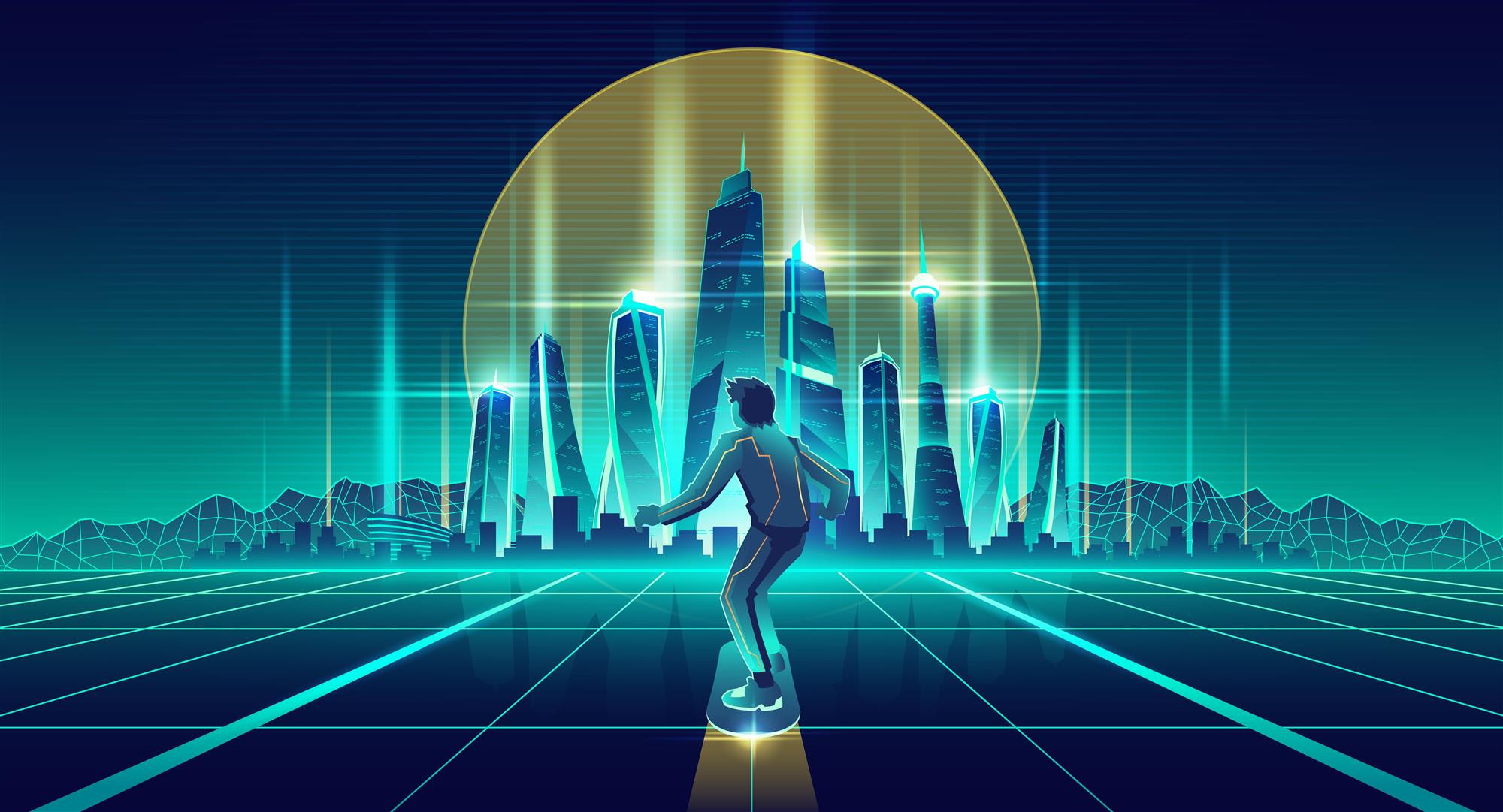By Mandeep Lamba, Dipti Mohan
The global revenue from the metaverse* is predicted to grow at a CAGR of 44% between 2022 and 2030, reaching US$1.5 trillion, and is expected to transform a number of industries around the world. Technically speaking, the metaverse is a shared interactive virtual environment where users can create virtual identities and avatars by combining various emerging technologies like virtual reality (VR), augmented reality (AR), artificial intelligence (AI), spatial computing, etc. It is a fully functional virtual environment that coexists with the actual physical world, supported by digital money, items, and assets, such as non-fungible tokens (NFTs). According to recent Gartner research, 30% of global organizations will have products and services for the metaverse by 2026, and 25% of people will spend at least one hour daily in a metaverse for work, shopping, education, social, or entertainment purposes. It’s no surprise then that a number of multinational corporations have already jumped on board, establishing a presence in the metaverse in collaboration with tech platforms.
For example, the luxury fashion label Balenciaga collaborated with the video game developers Epic Games to release a line of limited edition, branded avatar skins for the Fortnite game, giving the luxury brand access to a 350 million-strong global target market. A real-world Fortnite x Balenciaga clothing line was also introduced as part of the partnership. Similar alliances have been formed by other luxury brands such as Dior, Gucci, and Ralph Lauren. The well-known global beverage company, Coca-Cola, which has been an active participant in the metaverse for more than a year, recently debuted Coca-Cola Zero Sugar Byte, its first-ever virtual reality beverage, on the Fortnite video game before releasing it in limited quantities in physical stores.
Source: Freepik
Although most of these collaborations are marketing campaigns aimed at expanding brand awareness and reaching new target markets, the use of the metaverse is not restricted to these purposes. The technology is being used by some businesses to optimize operations and production costs. Some companies are using tech to optimize operations and costs. BMW, for instance, has partnered with NVIDIA’s Omniverse to develop a “digital twin” of its factory floor, allowing engineers from various factories to communicate and test out scenarios in real-time, increasing production planning efficiency by 30%. Accenture is currently using the metaverse technology for hiring and learning & development purposes.
Global hotel chains have also begun exploring the metaverse because it has the potential to enhance the guest experience, increase guest loyalty, streamline operations, and help companies build connections with future guests. While the Singapore-based Millennium Hotels opened the first virtual hotel of the metaverse, M Social Decentraland, citizenM became the first hotel group to acquire land in the virtual world Sandbox and BetUVerse will be the first fully licensed metaverse resort, casino, and entertainment complex. Marriott was one of the first hotel brands to create and sell its own NFT. The company and other hotel brands such as Atlantis are also collaborating with platforms like RendezVerse to create digital twins of real-life hotels.Compared to many other industries, the Indian hotel industry has historically lagged behind in terms of technological innovation and adoption. This situation, however, has changed in the last two years as a result of several industry players utilizing technology to successfully navigate the pandemic and set themselves apart from the competition. Due to its broad applicability to the hospitality and travel sectors, the metaverse is a technology that the Indian hotel industry cannot dismiss as hype for very long. The metaverse is still in its infancy but offers limitless innovative opportunities as businesses can expand their offerings from the real world into the virtual world, and now is perhaps the perfect time for hotel companies to begin exploring, learning, and understanding this rapidly evolving technology in order to prepare for the impending change.
* Distinguished speakers will discuss the Metaverse and its implications for the hospitality industry at HVS ANAROCK HOPE 2023, which will be held on 2nd and 3rd March 2023 at the Taj Resort & Convention Centre in Goa.




